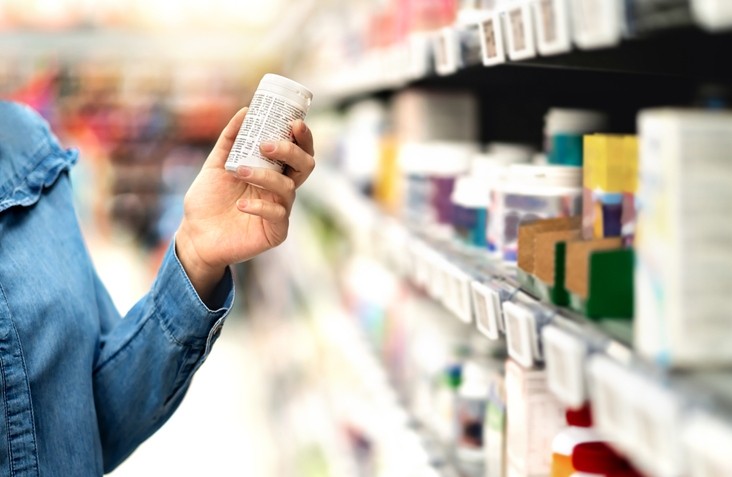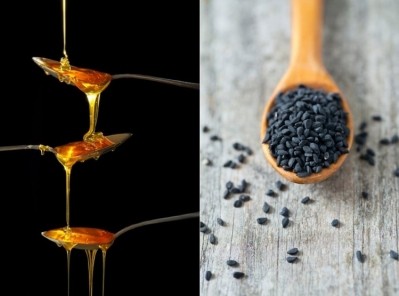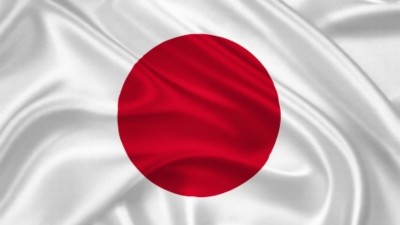Coronavirus crackdown: Japan’s consumer chiefs warn against labelling foods and health products with false COVID-19 claims

According to CAA, some manufacturers have taken advantage of the COVID-19 pandemic by labeling their products with protective health claims against the virus, which they say is “irrational” considering that not all the properties of the coronavirus is known yet.
CAA has urged manufacturers to ensure their labels do not display inappropriate information or false claims, and continues to monitor and alert the general public on such false advertising.
Crackdown
In a notice released by CAA, 42 COVID-19 related claims found on the packaging labels of general foods, health foods, disinfectants, humidifiers, and shampoos clearly implied that their products could prevent or treat COVID-19 were listed.
The actual products and brands were not reported.
Of the 42 claims, 32 were found on general foods such as candy, sesame, honey, as well as health foods (vitamins, minerals, probiotics etc).
Some examples of the claims were ‘zinc, magnesium, vitamin C can improve immune function against COVID-19’, ‘DHA and EPA can keep the immune function normal to beat COVID-19’, ‘eat sesame (antioxidant) to protect against COVID-19’, ‘honeysuckle is effective in treating COVID-19’, ‘β-glucan increases immunity to resistant virus’, and ‘manuka honey with bactericidal power against COVID-19 infections’.
Besides foods and health foods, claims on disinfectant sprays (‘coronavirus spray’), humidifiers (‘bactericidal effect’), anti-viral mattress (‘ability to destroy virus by 99.99%’), and a shampoo which claims to ‘strengthen skin barrier function and protect against coronavirus infection’ were also reported.
Hiroyuki Kawai, CEO of Japan-based consultancy firm Label Bank, told FoodNavigator-Asia these claims were picked up as they contain the terms ‘coronavirus’ and ‘virus’.
At present, there are no foods or health foods approved to prevent or treat COVID-19, so such claims must be removed.
However, “This is not just a matter of simply deleting terms such as ‘coronavirus’ and ‘virus’, you have to analyse your other ingredients and functionality.”
Kawai said manufacturers of general foods and health foods should ensure that their products have sufficient scientific evidence to demonstrate its functionality such as improving immunity, before displaying the health claim on the label.
As more companies join the health foods space, Kawai said manufacturers needed to better understand the labelling landscape in Japan.
Public alert
The CAA also alerts the general public through its LINE, Twitter and Facebook platforms and warns consumers to be wary of advertisements claiming to prevent or treat COVID-19.
CAA will continue to monitor mislabelling and take appropriate measures if necessary.




















